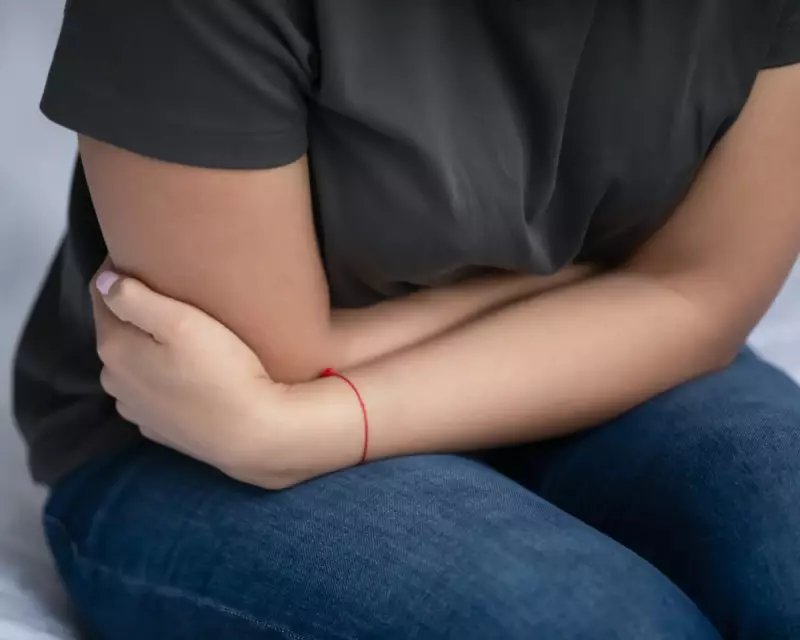
Severe period pain experienced during the teenage years is a powerful red flag for developing debilitating chronic pain conditions later in life, according to a landmark new UK study. The research challenges the long-dismissive attitude that such suffering is simply a normal part of growing up.
A Link Too Significant To Ignore
The study, believed to be the first of its kind to track adolescents into adulthood, establishes a clear and worrying trajectory. It found that teenagers who reported the most severe menstrual pain were significantly more likely to be diagnosed with widespread chronic pain conditions in their 20s. This strong association suggests that early, severe period pain could be a key indicator of a person's underlying susceptibility to chronic pain.
Beyond 'Bad Periods': The Real Health Implications
This research moves the conversation far beyond the concept of a 'bad period'. It frames severe dysmenorrhea (the medical term for painful periods) not as an isolated monthly issue, but as a potential early warning sign of a broader central nervous system hypersensitivity. The study indicates that the same biological mechanisms that amplify period pain in youth may also predispose individuals to other chronic pain syndromes like fibromyalgia and endometriosis-linked pain in adulthood.
Dismissal of Teenagers' Pain Has Lasting Consequences
For decades, teenagers reporting excruciating cramps have often been told their pain is normal or psychological. This new evidence fundamentally undermines that dismissal. Normalising this level of pain, the researchers argue, means missing a critical window for intervention. Early and effective management of period pain could be crucial not just for immediate relief, but for potentially altering the long-term health trajectory of millions of young people.
A Call for a Major Shift in Medical Approach
The findings demand a radical change in how healthcare professionals, schools, and parents approach menstrual health. The study serves as a urgent call to action:
- Stop Normalising Severe Pain: Crippling pain that disrupts a teenager's life is not, and should never be, considered normal.
- Investigate Thoroughly: Severe pain warrants proper medical investigation to rule out or diagnose conditions like endometriosis early.
- Proactive Treatment: Aggressive pain management and support strategies should be offered, not just paracetamol and reassurance.
This research empowers young people to demand their pain be taken seriously, positioning it as a vital sign of long-term health, not just a monthly inconvenience to be endured.





